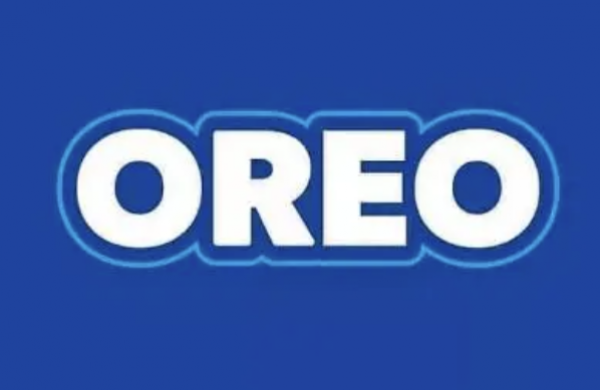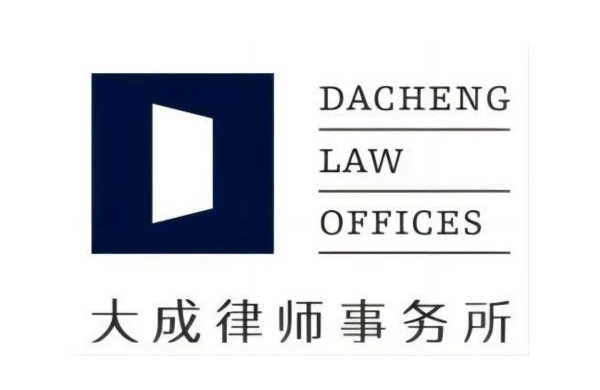Did not receive verification mail? Please confirm whether the mailbox is correct or not Re send mail

IPR Daily
- 2024-01-24 16:20:57
JD hangover and AI-wars: US TM and copyright trends for 2024
Yesterday, Managing IP dug into four major patent trends that counsel are expecting to see this year.
Today, we bring you five trademark and copyright trends that attorneys think will loom large in 2024. As with our predicted patent trends, some of the anticipated trademark and copyright developments stem from cases and developments from 2023.
One of these involves the continued effect of the US Supreme Court’s ruling in Jack Daniel’s v VIP Products.
Jack Daniel’s v VIP Products
In June 2023, SCOTUS ruled in favour of Jack Daniel's, finding that the Rogers test didn’t apply to dog toys that used the whiskey company's trade dress along with the words 'Bad Spaniels’.
The Rogers test sets out that a Lanham Act analysis is only relevant to an expressive work if the defendant’s use of the mark isn’t artistically relevant or it explicitly misleads consumers over the source of the mark.
Counsel expect the effects of the ruling will continue to be felt into the new year.
Ross Panko, partner at ArentFox Schiff in Washington DC, says he’s going to keep an eye on trademark infringement lawsuits in the aftermath of this decision.
“I think it will be interesting to monitor the federal docket and see how trademark owners respond to that and whether they take a more aggressive approach when dealing with allegedly parodic uses of trademarks,” he says.
“Under the Supreme Court's decision, the law appears to be more favourable for trademark owners.”
Panko notes, however, that there is still some risk in bringing these types of cases because defendants can argue that consumers will “get the joke” and that there’s therefore no likelihood of confusion.
Courts and practitioners may also have to consider what SCOTUS didn’t address in its ruling.
SCOTUS ruled in the whisky company’s favour because the defendant, VIP Products, had used the term 'Bad Spaniels' as a designation of source for its own goods.
Ted Davis, partner at Kilpatrick Townsend in Atlanta and who acted for Jack Daniel’s, says it’s unclear whether the Rogers test would be applicable if someone was using a mark in a non-source identifying way.
He adds that it’s also unclear how courts can determine whether a defendant’s use of a mark is explicitly misleading when applying the Rogers test.
Entertaining expungement
Away from the courts, counsel are also keeping a keen eye on the USPTO.
They are planning to continue to follow the state of expungement and reexamination proceedings at the office.
The USPTO has been allowing parties to submit petitions for expungement and reexamination since December 2021, thanks to the Trademark Modernization Act of 2020.
Parties can file expungement petitions when marks have never been used in commerce and re-examination petitions when marks haven’t been used on or before the application date or the deadline to file the statement of use.
Panko notes, however, that this is still a “relatively new” procedure.
He argues that there’s still not a very well-developed body of case law when it comes to what is required to get the USPTO to institute these proceedings.
“So, I think it will be helpful for practitioners to better understand how the USPTO is handling these cases,” he says.
Legislative luck?
While the Trademark Modernization Act was a significant piece of legislation, there are also questions about whether more progress on trademark law is to come.
Democratic senator Chris Coons and Republican senator Thom Tillis reintroduced the SHOP SAFE Act in September last year.
The bill, which the senators previously introduced in 2021 but failed to pass, would establish liability for e-commerce platforms when dangerous counterfeits were sold on their websites unless they implemented certain best practices.
The bill was originally introduced in the House of Representatives in 2020.
Britt Anderson, partner at Perkins Coie in California, says it’s hard to say whether this will become law this year but notes that it has bi-partisan support.
“Anticounterfeiting is one of the few areas in Congress that brings together both parties. We may see some more effects on e-commerce companies in 2024 in terms of their liability for counterfeit goods on their platforms.”
But he adds that some people believe that this bill is vague, overly broad and unnecessary.
“There definitely are two constituencies there,” he notes.
AI wars
Another big talking point this year is going to continue to be the conflicts between copyright owners and generative artificial intelligence (AI) companies.
Several copyright owners sued generative AI platforms in 2023, alleging that they are trained using copyright-protected content and that this constitutes copyright infringement. Some of those lawsuits were class action suits.
In December of last year, the New York Times sued OpenAI and Microsoft for copyright infringement. The lawsuit also accused the defendants of trademark dilution.
That said, it’s hard to say what will come out of these cases this year.
David Donahue, partner at Fross Zelnick in New York, says it’s not clear how far the class action cases are going to get.
“There’s just a lot open right now in terms of how courts are going to treat AI under existing copyright law," he says.
Anderson at Perkins Coie adds: “I think things are going to move relatively slowly this year on that.”
Copyright prices
Also on the copyright front, the US Supreme Court is expected to hear oral arguments in Warner Chappell Music v Sherman Nealy this year, although these are not yet scheduled.
The court agreed to take the case in September 2023.
In this case, SCOTUS is looking at whether plaintiffs can recover damages for copyright infringement that took place more than three years before a lawsuit was filed.
The Copyright Act provides for a three-year statute of limitations.
Some courts have previously decided that plaintiffs can only get damages related to infringing activity that took place three years before the filing of a lawsuit and not beyond that.
But others have argued that plaintiffs can get damages for infringement that took place earlier if plaintiffs didn’t know that infringement was happening and there aren’t any facts showing that they should have known.
Donahue at Fross Zelnick says this will be an important decision with significant consequences in some cases.
“The ‘should have known’ standard is difficult to apply for courts. If the Supreme Court holds that the copyright statute of limitations can recover the entirety of the infringement if the plaintiff wasn’t aware – the financial consequences could be enormous,” he says.
Perhaps this case will be a big talking point beyond 2024 and into 2025 – just as Jack Daniel's still is this year.
Source: Managing IP - Rani Mehta
Editor: Peter
- I also said the two sentence
- Also you can enter 140words
 PurpleVine Successfully Assists Client in Invalidating Sisvel US Patent
PurpleVine Successfully Assists Client in Invalidating Sisvel US Patent Chang Tsi & Partners Successfully Represents Wuxi's First Intellectual Property Civil Case Attached to Criminal Case
Chang Tsi & Partners Successfully Represents Wuxi's First Intellectual Property Civil Case Attached to Criminal Case China Monthly Antitrust Update: February 2024
China Monthly Antitrust Update: February 2024 IPOS was publishing a legal decision involving the trademark of tech giant, Google
IPOS was publishing a legal decision involving the trademark of tech giant, Google


